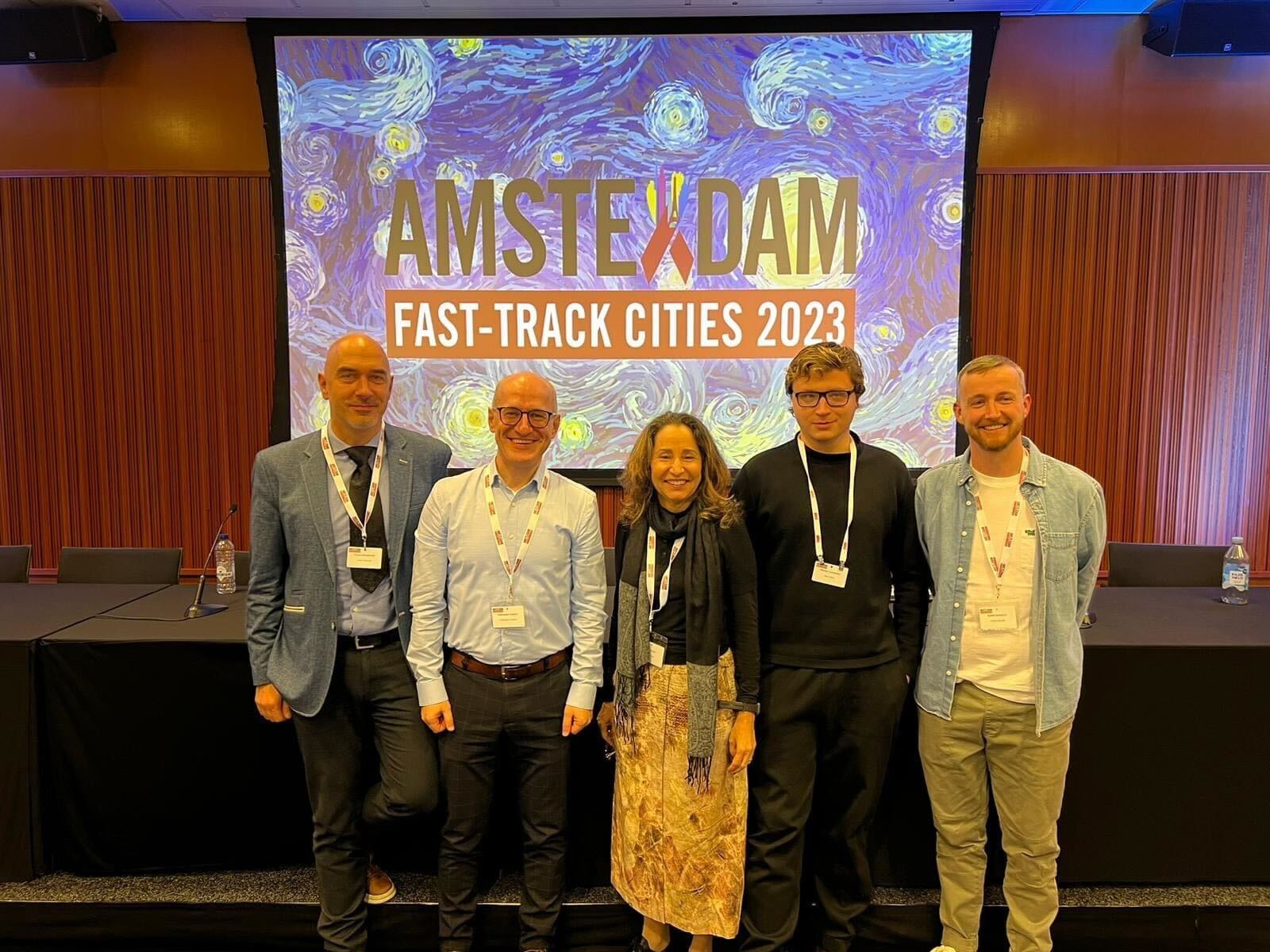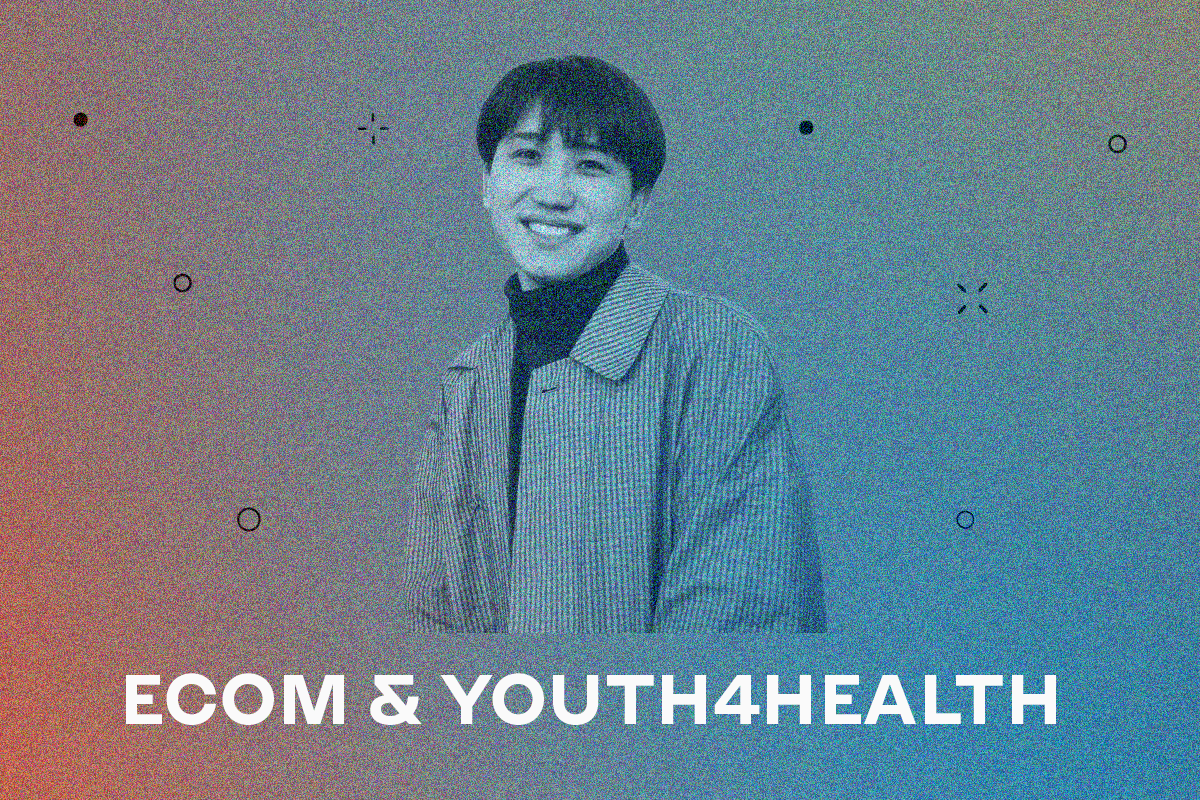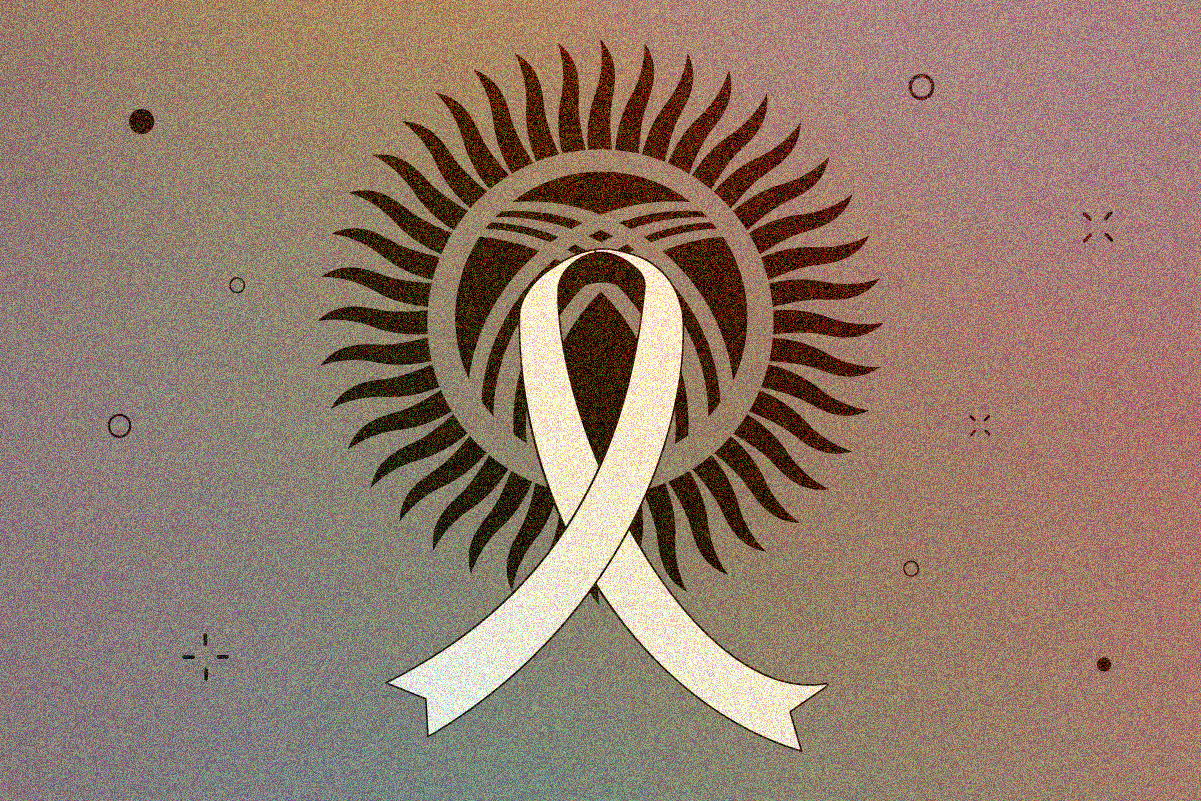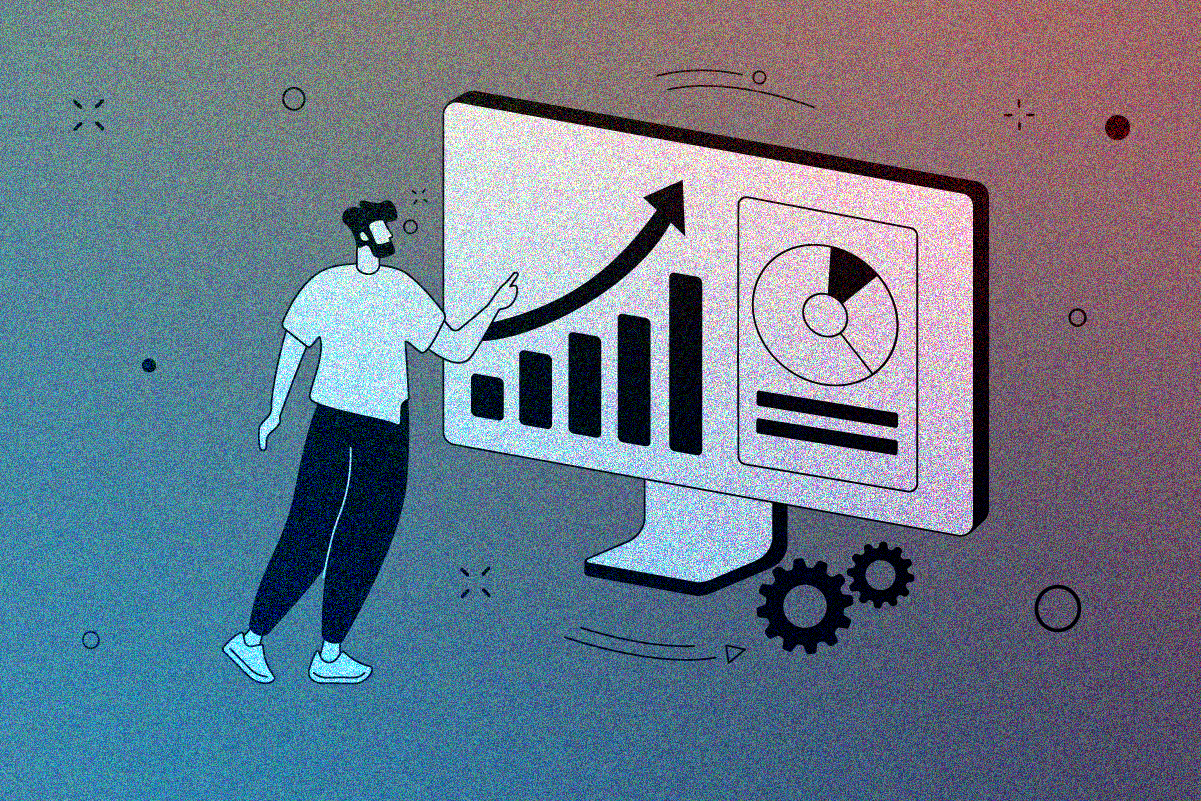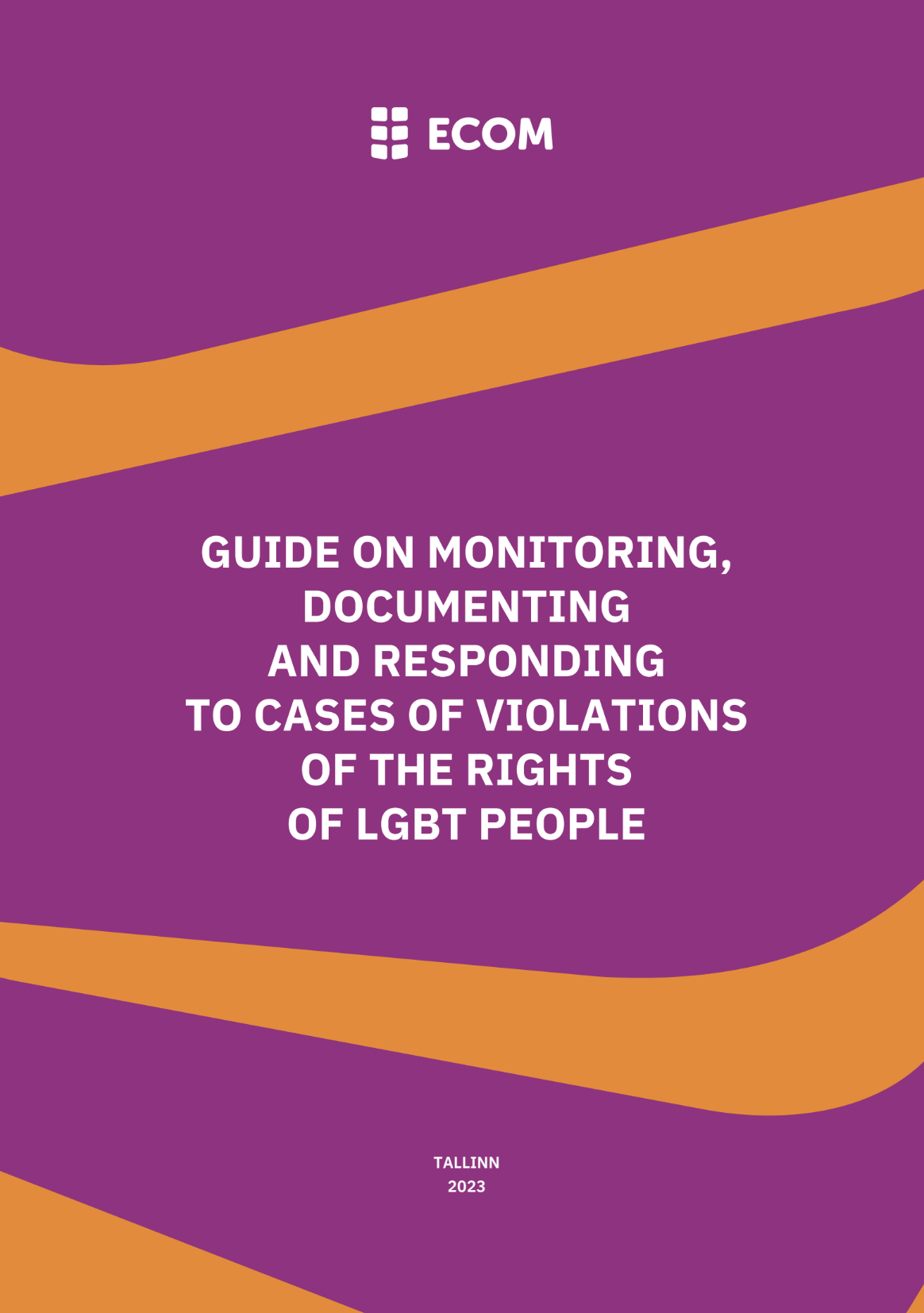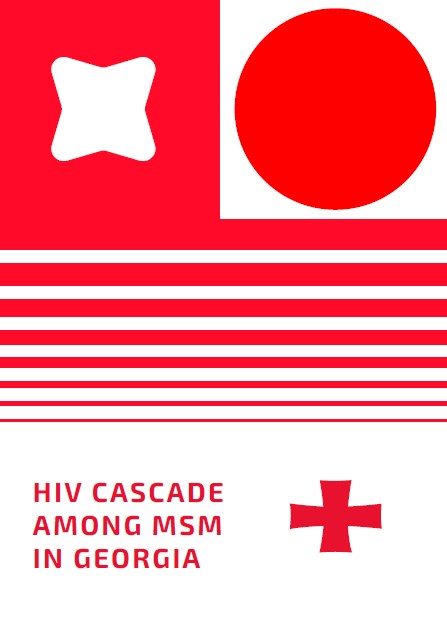What is CLM
When data collection is led by people from communities, it allows for an assessment of the situation not from the outside, but from within, focusing on what is important to the communities themselves.For many years, community representatives were involved in data collection exclusively in the field, while “expert organizations” had the authority to determine the focus of data collection, terminology, and data collection tools.
Communities are now seeking to conduct their own monitoring. This provides them with leadership both in monitoring and in advocacy, as well as the ability to change the situation.There is no point in monitoring simply for the sake of monitoring. Data is only relevant when it is used to advocate for change, and this represents a huge opportunity that ECOM is helping its national partners take advantage of.
What does ECOM do in the field of CLM
Human rights
Through community efforts, ECOM documents cases of human rights violations in the EECA region. Collecting cases helps assess barriers in individual countries and the region as a whole, while the data obtained is used for advocacy. In addition, ECOM supports strategic litigation based on the documented cases.
ECOM uses data from CLM in international advocacy: we submit alternative reports to treaty bodies as part of Universal Periodic Review (UPR) and provide data to UN Special Rapporteurs, and the OSCE.
The development of ECOM focuses on strengthening the LGBT+ community in the EECA region. It unites activists and organizations, promotes health and human rights.
Advocacy for access to HIV services
A Tool for Analyzing the Cascade of HIV Services Among MSM and Trans People
A tool for analyzing the cascade of HIV services among MSM was developed by ECOM back in 2017. Since then, it has been used regularly in countries of the EECA region. Analyzing the cascade and showing areas of insufficient coverage identifies gaps in services. ECOM developed a cascade analysis tool both for MSM, as well as for trans people. This study covers not only an analysis of the cascade of continuous care (95-95-95), but also the cascade of prevention services, the cascade of needs and access to pre-exposure prophylaxis (PrEP), and even the cascade of the meaningful involvement of MSM and trans people in the HIV response
MSMIT and SWIT: Tools for Analyzing the Implementation of HIV Programs
The MSMIT and SWIT are tools for analyzing the implementation of HIV programs in countries. These tools are the next step in the analysis of HIV service cascades, as they help to understand what services are missing. In fact, each number of the cascade consists of a set of services, and if these services are implemented effectively and with high quality, then the cascade will be complete. Our analysis tools help identify which services need to be promoted and implemented to fill gaps in national cascades
Tool for Calculating the Cost of Services for MSM
Tool for calculating the cost of services for MSM. This is a unique financial forecasting tool (costing of services), which allows community leaders and activists to independently calculate the amount of funding necessary for the next 3 years to cover the planned number of clients. The tool includes a forecast for both the cost of services and consumables, as well as for the cost of maintaining offices and the cost of additional services such as shelters.
Assessing the level of homophobia and transphobia among medical personnel (the “secret client” method)
A quality service is a service that is provided without stigma or discrimination. Thanks to the “secret client” methodology, our national partners can, without bias, assess the level of services provided both in NGOs, and in state health care institutions. The specificity of this tool is that the interest of government bodies is also required for its high-quality implementation, which provides an additional opportunity for cooperation and for establishing relationships between NGOs and medical institutions.
“Secret client” methodology
A tool for monitoring PrEP services was developed for NGOs in the EECA region
With this tool, community leaders and public organizations will be able to assess the effectiveness and quality of PrEP services in the country, including their compliance with international standards and WHO and UNAIDS guidelines. They will also be able to determine the needs and problems of recipients of PrEP services, and identify barriers to accessing these services. The results of this study will help national partners advocate for changes in regulations, as well as in the quality of service provision.

